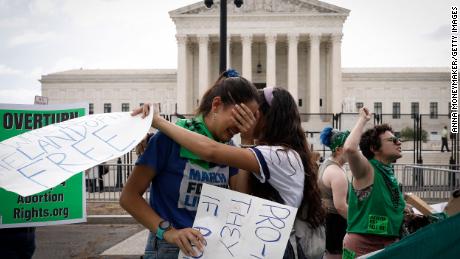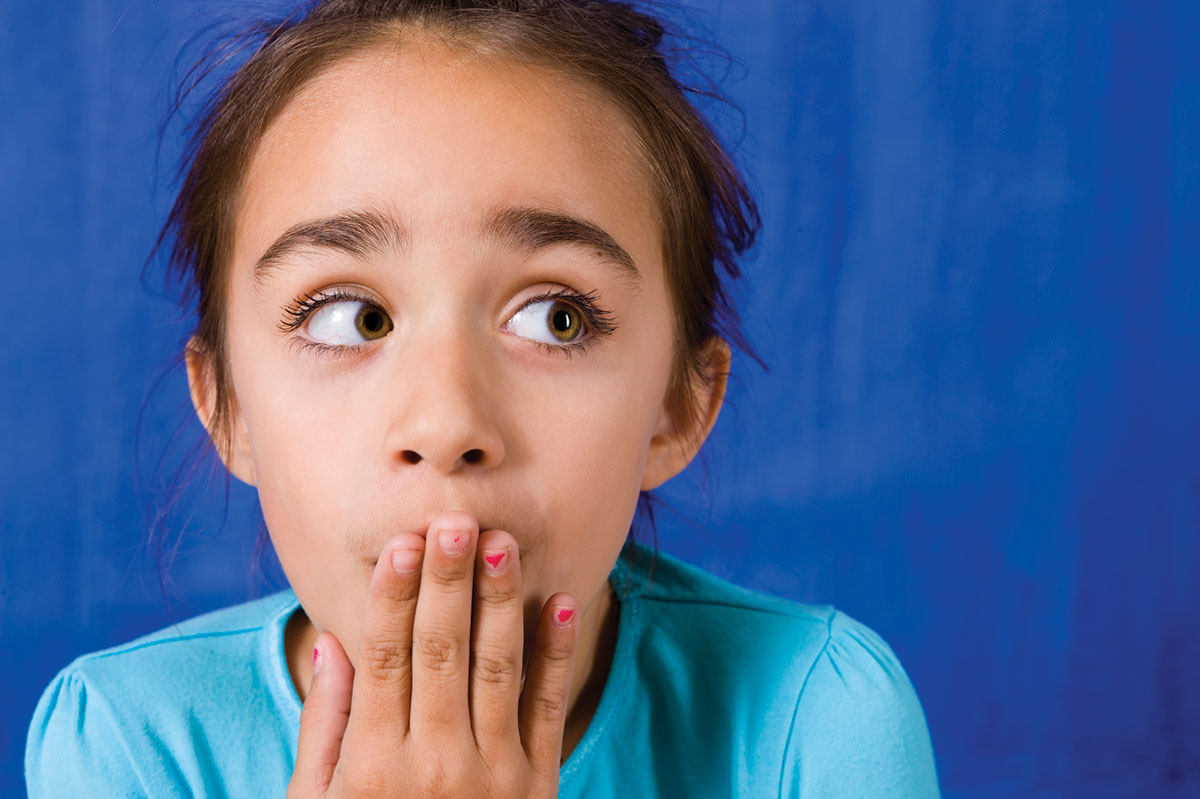My elementary school aged kids don’t really get it.
They don’t understand what abortion is. They don’t what Roe v. Wade is (was). They don’t know why these topics are suddenly highlighting the daily news and sparking nationwide protests. My little ones (7 and 9) certainly are not initially comprehending why such an issue causes a divide amongst friends, neighbors, celebrities they hear speak out, and leaders they are told to respect.
Their ignorance hasn’t, though, prevented my littlest ones from asking questions about the June 24th’s overturning of a nearly 50-year old landmark Supreme Court decision.
Emersyn (7) asks what an abortion is.
“That is sad, Dad,” her voice is sweet and naïve reply to my answer.
“I know,” I say quietly.
As Everett (9) asks me how abortions are carried out, my stomach hurts as I tell him that I am not quite sure. “I do know,” I say, “but any procedure has to be very unpleasant for mom and the unborn child.”
Yes, my littlest children don’t quite get it.
My teenagers, though, want different sorts of explanations. They’re asking tougher questions whose answers can easily go down the rat holes of political opinion and/or personal biases I don’t care to saddle my impressionable kids with.
So, when Yosef (16) asks why The Court took up Roe v. Wade while there seem to be other, more pressing American issues to solve, I shallow hard and pause.
I want to launch into a tirade about the screwed up priorities of our governmental officials and my annoyance at lifetimes appointments to the most important court in the country. I want to point the lunacy of the non-partisan court placed there by intentionally political means.
I resist.

When Viviana (13) chimes in, “I don’t know how I feel about abortion. I can see both sides.” I stop and regroup.
I want to tell her that she doesn’t have to pick a side. How about gather facts, insights, talk to someone who has utilized those services before, or volunteer at an agency who views abortion services as a health care right for woman who see no other solution? Go find the facts that matter when crafting your own thoughts on abortion.
Instead, though, I resist.
Yeah, but it’s hard not to completely cloud their views with my own personal opinions and political biases.
Can I educate my kids about Roe v. Wade’s reversal with neutrality?
Should I?
On one hand, most kids will follow the political flavors of their parents, so why not draw those lines when talking about abortion? I feel proud for liberal leaning parents who are outraged enough by the decision to take their daughters to protests. For conservative parents, I’m sure there will be dinner conversations about the role of religion in this debate. Both of these views are as polar opposite as politically aligned.
Is that the way we’d like our kids to understand abortion?
Or, should kids understand abortion from the lens of a health care service now made monumental harder to provide in select states ready to pull the trigger on new legislation outlawing its practice with no exceptions?
I have tried to discuss abortion and Roe v. Wade with my kids apolitically, but I’m not sure I’m right by doing so. That doesn’t mean my children, both my littles and teenagers, don’t know where I personally stand on the issue. Rather, my hope is that I give them the room to interpret the portrait I help them paint of this massive, divisive, sensitive issue.
I’m not sure they get it.
I’m not sure I can truly get it.
And, like most things, I’m pretty sure I’m not getting it right.
